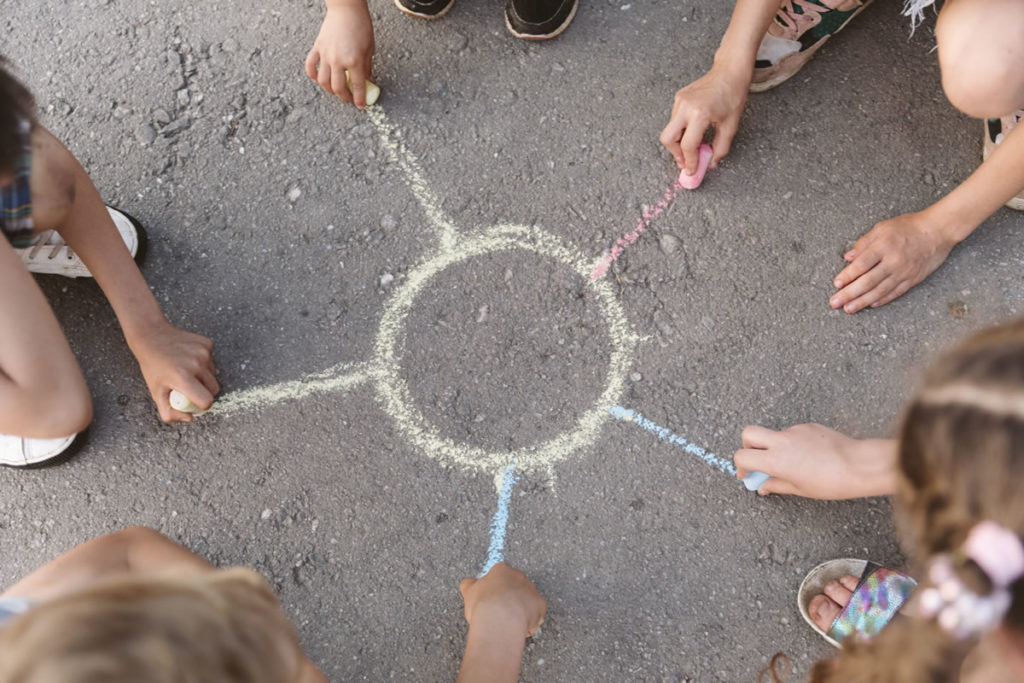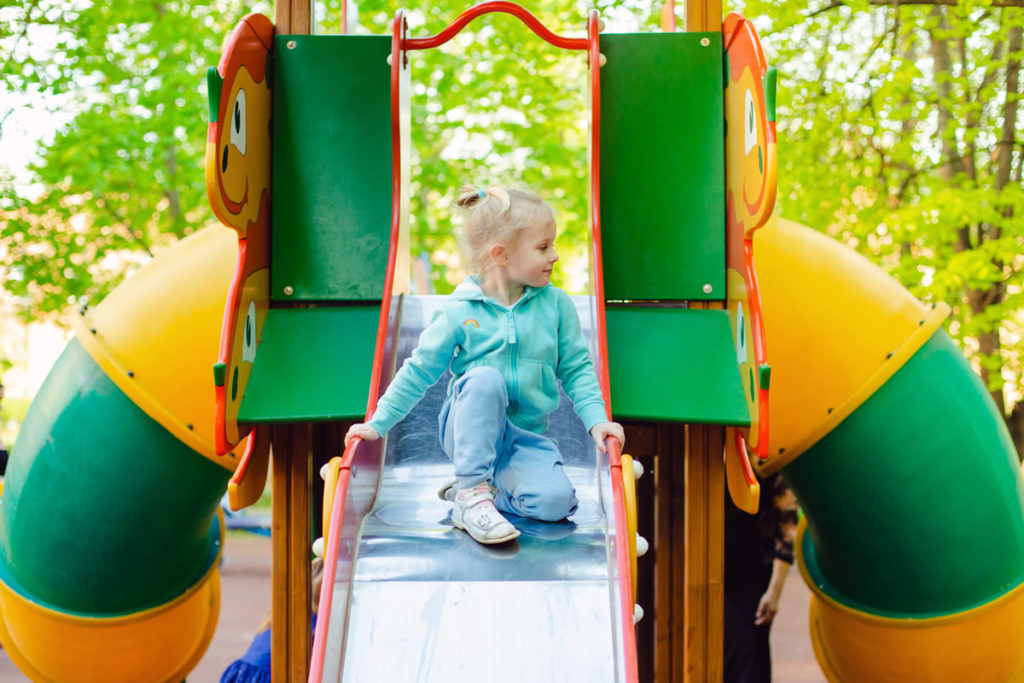You pick up the children from school and ask them what part of the day they liked the most, and almost certainly many of the children who hear that question will say that it was recess. But that answer should not surprise us, because we should still be able to remember what that wonderful feeling was like hearing the doorbell and knowing that finally it was time to rest and play with friends.
Jumping rope, swinging on the bars, playing tag or clapping games, or simply enjoying the outdoors, used to also be one of the most beautiful and enjoyable activities that those who are now parents and / or teachers did. However, nowadays that little moment destined for recess in schools seems to be more and more in danger. Many schools, especially in the US, are increasingly reducing children’s play time to the detriment of increasing the number of minutes for regular classes.
A priori it might seem that this is not bad, then what could be wrong in wanting to dedicate more time to learning and study? Well, the mistake is that for this learning to be positive, children must also have that part of the day in which they can disconnect their little minds and have fun socializing.

The importance of recess for teaching
One of the causes adduced by those centers that have reduced recess time or defend it, is the need to prioritize structured learning in the classroom and the lack of time that always has to be able to come to fruition with the planning to end of course.
More and more schools are looking for a competitive learning and study model, with very specific achievement goals and fully standardized tests and assessments. All these mandatory standards and tests do not usually have many benefits in the long run in the effective learning of the little ones, but much less even when it depends on the sacrifice of one of the most important moments of the day in childhood , which is precisely that little time of recess and disconnection.
These standards are also an important source of pressure for teachers, who are often forced to subtract minutes from recess in order to comply with everything agreed with the school as objectives to be met. But we must bear in mind, despite all the complication of reaching or not reaching the objectives, that doing so can never be to the detriment of children, and this is what happens when recess is directly targeted as responsible for meet those marked standards. And it is that, going out to play, can be as beneficial or more than complying with the subjects in the classroom.
Benefits of recess that you may not have known
- Physical activity can improve brain function
The freedom to move, run, and play, especially outdoors, has a tremendous impact on children’s abilities to focus and control themselves throughout the day. The mind cannot be educated without using the body, so learning must be an integration of thought and movement . In fact, not even an adult would feel comfortable and focused if he had to spend hours clinging to a chair listening to topics and topics to learn, much less children.
- Recess promotes social skills
Recess time provides more opportunities for socialization, teamwork, and practice of conflict resolution skills. Asking other children to play, explaining the rules of a complex game, or resolving disputes are all important lessons that children can only learn if they are given the time to play.
Recess, in turn, also provides an opportunity for children to strengthen their leadership and negotiation skills , and can prevent bullying. Children love to play, and when conflict arises, they are forced to practice those vital social skills so they can have fun again as soon as possible.
- Recess fights childhood obesity
About one in five school-age children has excess body fat, so it is recommended that they get at least an hour of exercise a day, which can be more difficult to achieve if children cannot rest and sit around your desk all day. A healthy, active lifestyle is a routine that needs practice and reinforcement to become a lifelong habit, and recess offers children that opportunity to move their bodies closer to the recommended 60 minutes of physical activity , thereby reducing your chances of having to fight obesity.
- Recess reduces stress
Outdoor recess also brings the benefit of experiencing fresh air and sunshine, both known to boost overall health and mood. Sunlight is also a key source of vitamin D, which increases learning ability and productivity.
Physical activity that children participate in during recess can also reduce stress levels and allow children to feel more relaxed. In an education system that continues to place higher and higher expectations of children, reducing and learning to manage stress is the key to success.

- It requires little time or effort
Recess does not have to end in schools when in reality it represents very few minutes of the entire set of hours that children spend in school. Thus, for example, if a school seriously thinks that it cannot dedicate half an hour to recess, it can establish more breaks, albeit for a shorter time, throughout the day. All for continuing to maintain and encourage the importance of recess in schools , especially those of early education. Another good idea may be to set up classes outside, weather permitting, so children can breathe fresh air and relax a little while they learn.
But recess is not the only way to promote learning and less when it is only taken as a way to take a break, without anything else added. Creating solid learning environments or coming up with teaching techniques that can be combined with relaxation , such as the idea of teaching outdoors, is also very important to improve that climate and to understand correctly what the true role is. recess for the children.
Never underestimate the importance of recess at school and, as a parent or teacher, never forget that play and movement are vital aspects of learning and, therefore, have (or should have) a first-order importance in school. early childhood school programs. When a school or teacher, in particular, seriously considers cutting or eliminating recess, it should also reflect and evaluate whether the reasons for doing so can really outweigh the many benefits of living and enjoying it for children.











































































































